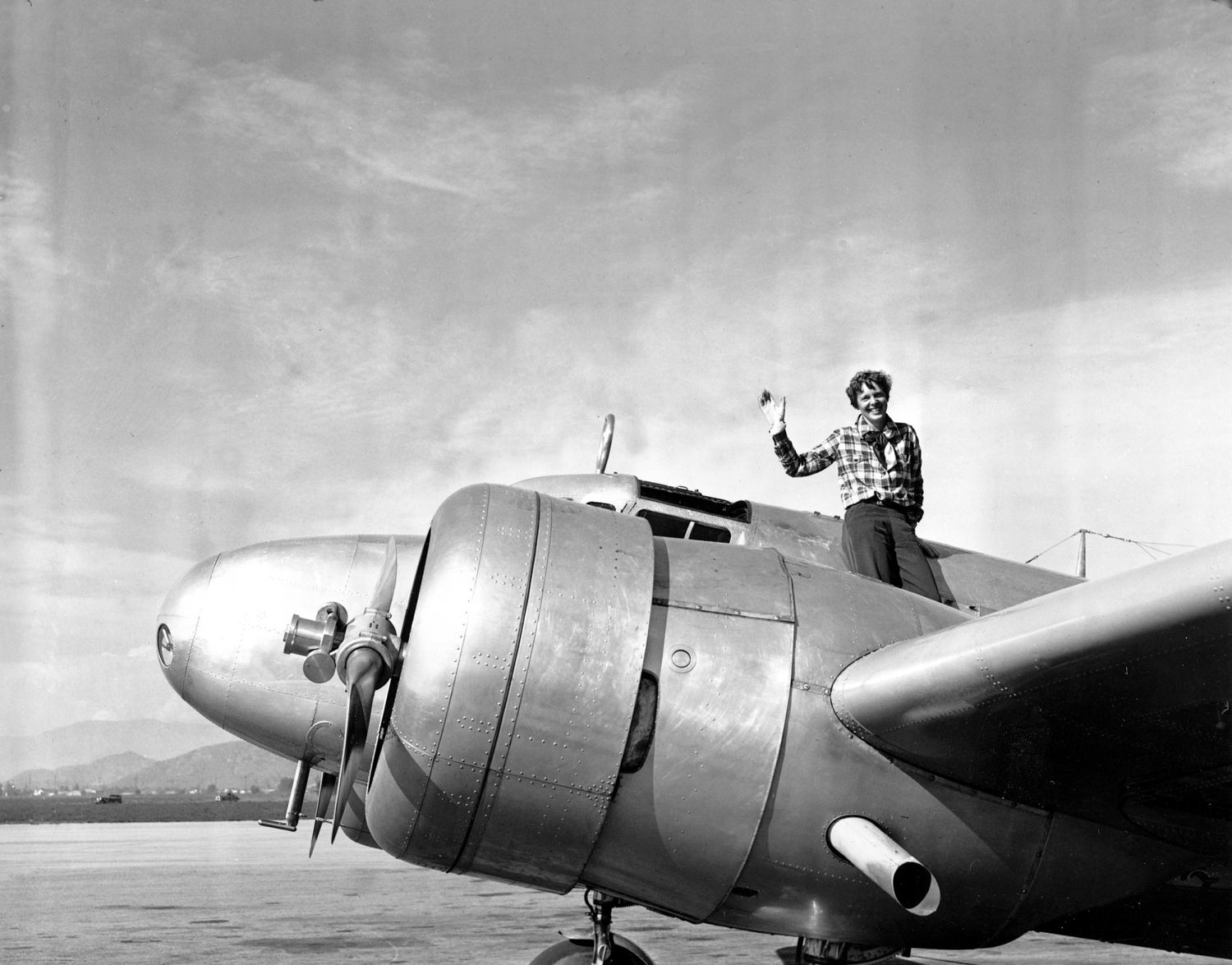Explorer believes he found Amelia Earhart’s lost plane in Pacific

A pilot and explorer who embarked on an $11 million-expedition at sea believes he has solved one of the world’s greatest mysteries: the final resting place of Amelia Earhart’s plane that vanished in 1937.
Tony Romeo, a former U.S. Air Force intelligence officer and CEO of Deep Sea Vision, sold commercial real estate to fund his deep-sea exploration of the Pacific Ocean last year, combing the ocean floor with sonar technology in the suspected area of Earhart’s crash.
His team reviewed sonar data in December caught by an under-water drone from his research voyage and found a startling image: a blurry plane-like shape Romeo believes is Earhart’s twin engine Lockheed 10-E Electra.
The image was taken about 100 miles from Howland Island, halfway between Australia and Hawaii.
Earhart and her navigator, Fred Noonan, were expected to land there in July 1937 for a refueling stop in her bid to be the first female pilot to circumvent the globe — but never made it.
She was declared dead two years later after the U.S. concluded she had crashed somewhere in the Pacific Ocean, and her remains were never found.
Romeo believes the image, while blurry, is Earhart’s aircraft, given its unique shape.
Read More: Explorer believes he found Amelia Earhart’s lost plane in Pacific

